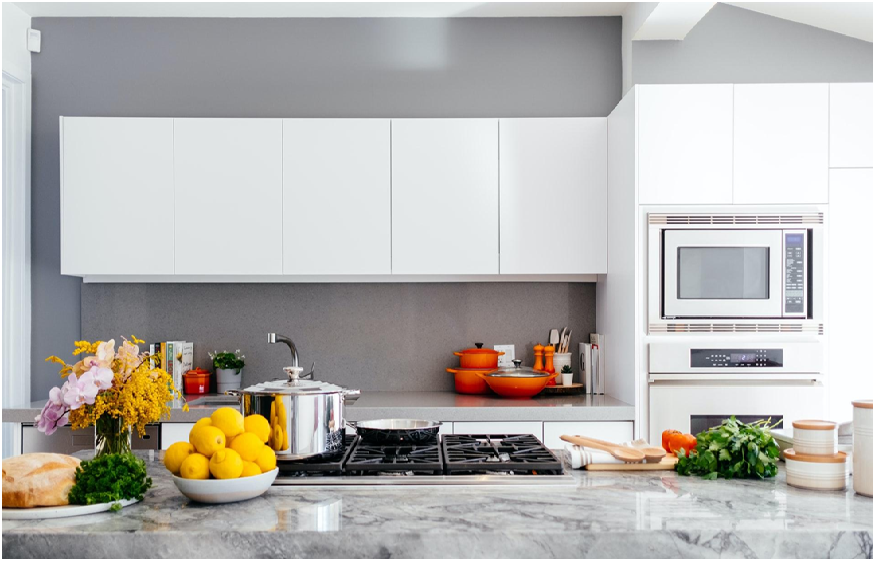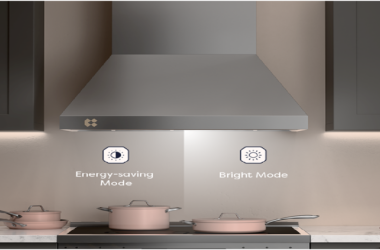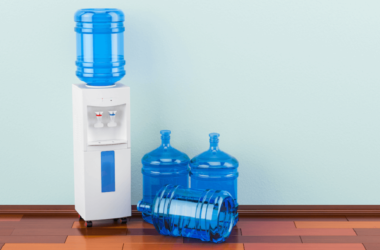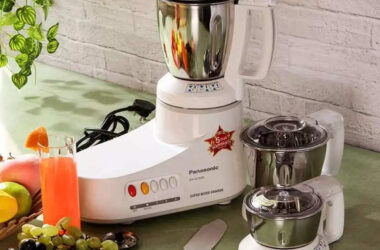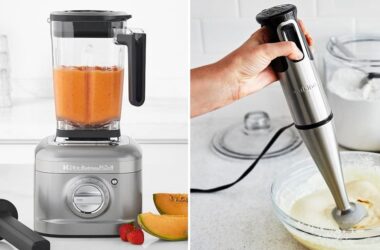Are you concerned about how your household activities impact the planet?
Here’s the thing: It is almost impossible to achieve zero-waste living. However, we can reduce the waste we produce to help save the planet.
And we can start with the kitchen.
1. Opt for energy-efficient appliances
To lessen your carbon footprint, you need to choose energy-efficient and durable appliances. This approach saves resources on regularly creating new products.
Moreover, older appliances can also be highly inefficient and consume a lot of energy than their counterparts.
So, pick environmentally-friendly appliances, and it lets you save energy as well. This allows you to reduce energy consumption while making the most of your time in the kitchen cooking delicious meals and snacks.
2. Toss aside harsh, chemical-laden cleaners
This list usually involves chemical-based dishwashing liquids, detergents, floor and surface cleaners, and other types of household cleaning chemicals.
At Maid Sailors Cleaning Services NYC, we often tell our clients that there are non-toxic cleaning aids. Some of them you can make using the ingredients available in your pantry.
If you hire professional cleaners, you can also ask if they provide green cleaning services. Otherwise, you can request that they use your eco-friendly all-purpose cleaners and the likes.
3. Switch to energy-efficient light bulbs
Lighting can also use up to 10% of your total energy costs in the household.
Therefore, examining different lighting options is necessary for an eco-friendly kitchen.
Inviting natural light in is also one of the best ways you can cut down energy use. Similarly, you can also use other effective techniques to light up your kitchen.
As you concoct a natural all-purpose cleaner using water and vinegar or lemon, you should also consider your light source. This includes numbers and style.
4. Consider buying in bulk
It would be best to embrace the bulk lifestyle by making your own “refill” corner using easy to carry and easy to store containers.
Fortunately, many bulk packaging is specifically designed to be stackable. That way, they are not occupying too much space in your pantry, cupboards, and shelves.
Bulk containers are also designed so that you will have a hassle-free and spill-free food storage system. Otherwise, you are risking contaminating your other stocks.
Not to mention, shopping items in bulk promises less waste, as well as more convenience and savings.
5. Practice energy-efficient cooking methods
As a consumer, you must ensure that your home is well-insulated and helps save energy. Remember that the amount of energy you use in the kitchen can impact your electric bill.
Remember: The more energy you consume, the more fossil fuel you burn. And you know how detrimental fossil fuel is to the planet.
Regardless, reducing energy consumption in the kitchen all boils down to what type of food you are cooking and how you cook it. Fortunately, you do not always have to invest in the latest state-of-the-art (low energy consumption) appliance to improve your kitchen’s energy efficiency.
Instead, being mindful of how you cook significantly cuts down the energy you use, and in the process, cuts down your bills.
6. Avoid single-use plastics
Many kitchens out there are filled with single-use plastics. And the typical culprits are food packaging. Worse, it takes centuries to millennia for a single-use plastic to break down.
And in case you do not know, these plastics turn into microplastics that get eaten by fishes. And we, being at the top of the food chain, may unknowingly consume it. Mind you; even birds consume microplastics without them knowing.
That’s why one of the most significant changes that you can make in your kitchen is to stay away from single-use plastics. Go from natural food wraps instead, or use food containers that are made from bamboo.
Similarly, if you are ordering for take-out, purchase food with as little packaging as possible. Ask the local grocery store if you may bring your containers.
7. Start a compost bin
Making a compost bin is also one of the best ways to use scraps while improving the soil in your garden.
Luckily, there are various composting that you can do to have an eco-friendly kitchen.
Once the bin is full, you can then move it to a much larger compost pile outside so that you can easily break down food waste.
8. Recycle when remodeling
Keeping most of your old kitchen is another sustainable option. If you’re planning to upgrade to a new kitchen, it’s best to recycle or salvage antiques.
You could also trade a couple of things on Craigslist or Freecycle instead of just throwing them right into the bin.
Listed above are eight practical ways you can have an eco-friendly kitchen. But if you are unsure where to get started, we suggest turning your veggie scraps into a herb garden, veggie broth, and compost. That is one cost-effective way to have an earth-friendly, low-waste kitchen.

